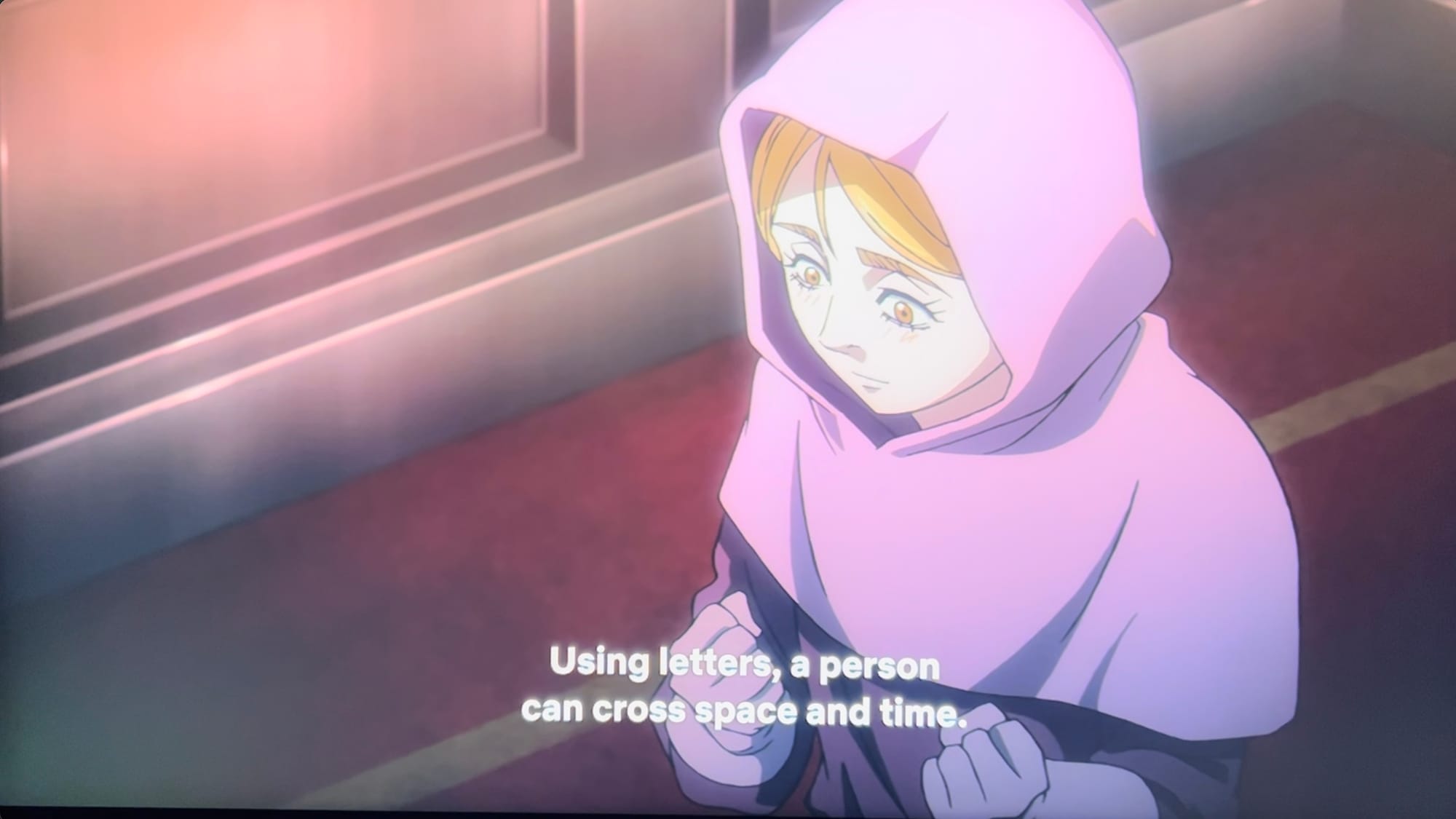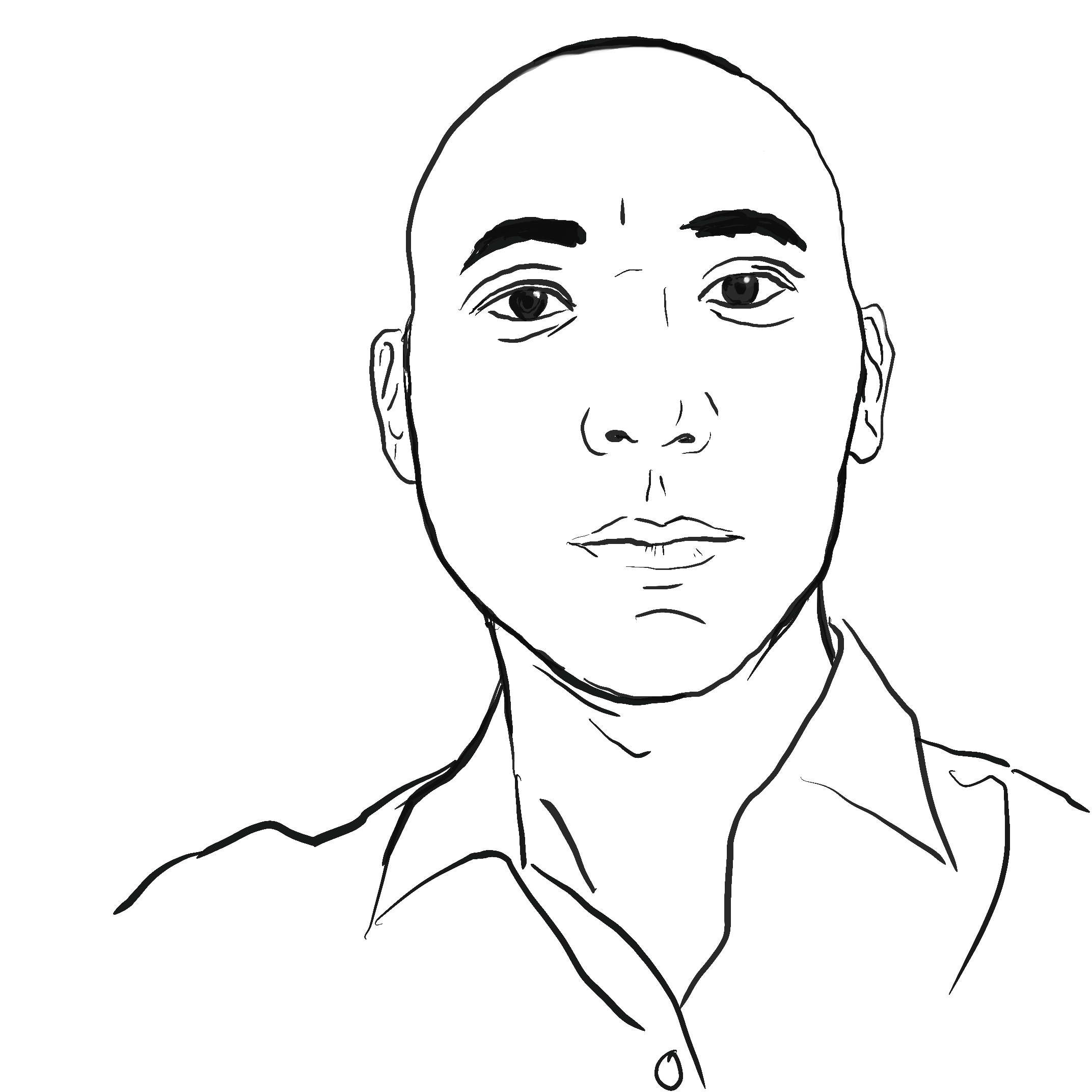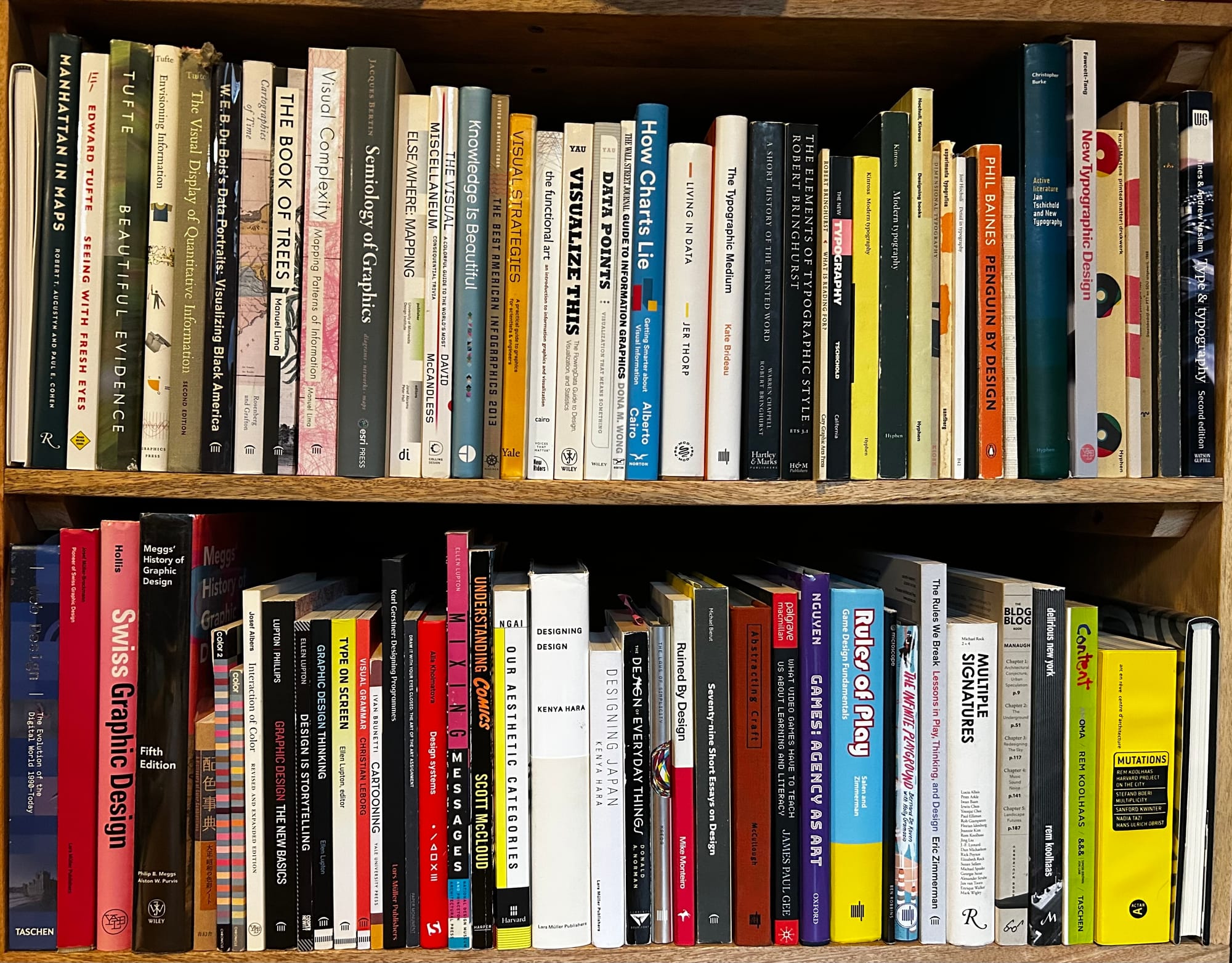The Shift from Orality to Literacy
literacyImagining the way the technology of writing and reading reconfigures one's brain

Last night, as I was watching this anime series on Netflix called Orb: On the Movements of the Earth (チ。―地球の運動について―) with my two sons, this scene came on at the end of Season 1 Episode 9, and it struck me as the perfect entry point to the concept of orality (apologies for the bootleg quality and lack of sound):
The series, based on a Japanese manga drawn by Uoto (魚豊) from 2020-2022, is a quasi-historical fiction centering on the discovery of heliocentrism in 15th Century Europe. It is a speculative portrait of a time when heretics who dared challenge the geocentric orthodoxy were mercilessly tortured by the Church.
In this scene, Oczy, an illiterate mercenary who has serendipitously fallen in with a group of truth-seeking astronomers by dint of his excellent eyesight, asks Jolenta, a budding research assistant, what it's like to be able to read. Yes, the story is about the philosophical implications of realizing that the Earth is moving around a stationary Sun, but it is just as much about the shift from orality to literacy, which to the illiterate Oczy is just as mind-boggling.
We are at such a remove from this historical inflection point that it's all too easy to take the technology of writing for granted. Textuality is such an essential part of our modern lives that we teach it to our children when they are 3 or 4 years out of the womb, hammering in the idea that spoken language is represented by a set of marks. It is almost as difficult, then, to imagine not being able to read and write as it is to imagine a world in which the Sun and other planets revolve around us on a stationary Earth.


Comments